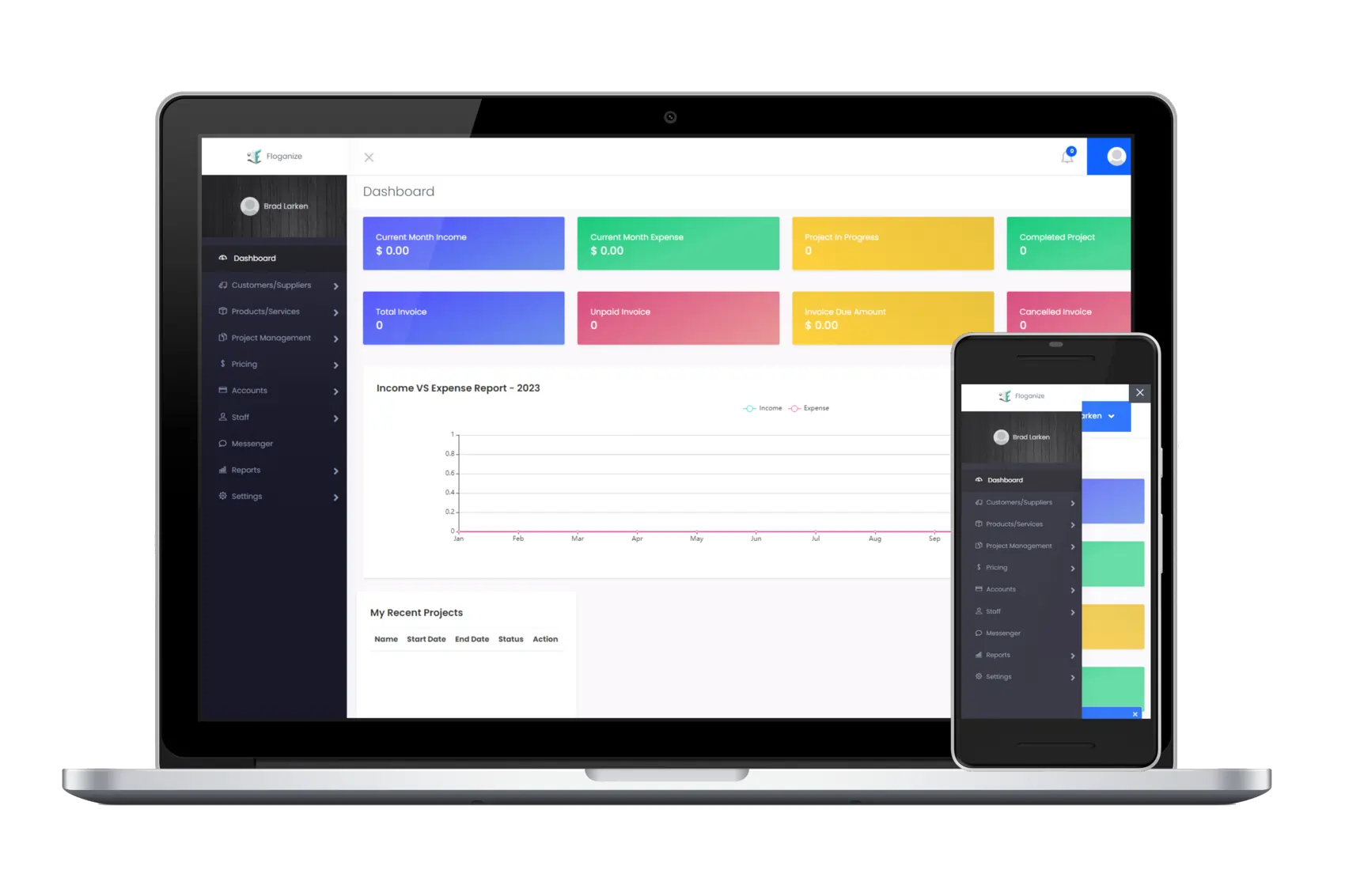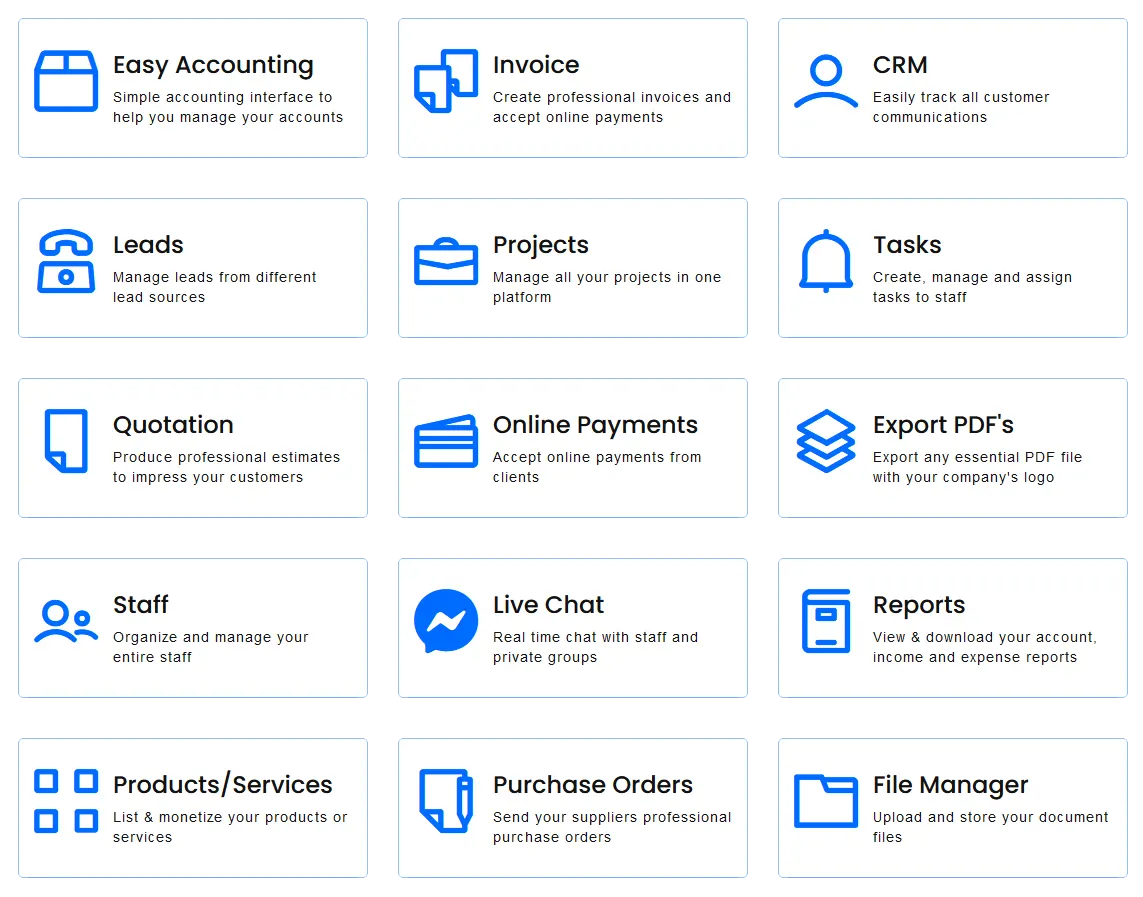Mastering Your Finances: Tracking Business Expenses 101

Tracking business expenses is the process of recording and monitoring all the costs incurred by a business in its operations. These expenses can include anything from office rent, equipment purchases, utilities, office supplies, and employee salaries to advertising costs, travel expenses, and legal fees.
There are several methods for tracking expenses, including using accounting software, spreadsheets, or even a pen and paper. It is essential to choose a method that works best for the business and to maintain accurate records.
The records should include details such as the date of the expense, the amount, the category of expense, the vendor or payee, and any related receipts or invoices. By keeping detailed records, businesses can ensure that their expenses are accurately tracked and reported.
How Is Tracking Expenses Useful for Your Business?
Tracking expenses is incredibly useful for any business, regardless of its size or industry. Here are some ways in which it can benefit your business:
1. Helps with budgeting: Creates accurate budgets based on their actual spending patterns. By understanding where money is being spent, businesses can make informed decisions on where to allocate resources in the future.
2. Enables tax reporting: Accurately tracking expenses ensures that businesses can report their expenses correctly to the tax authorities, reducing the risk of penalties and fines.
3. Facilitates cost management: Identify areas where businesses are overspending and take steps to reduce costs. This can include renegotiating contracts with vendors or reducing unnecessary expenses.
4. Improves financial analysis: Tracking expenses over time enables businesses to identify trends in their spending patterns and financial health. This information can be used to make informed decisions about future strategies and investments.
5. Helps with cash flow management: By tracking expenses and payments, businesses can better manage their cash flow and ensure that they have enough funds to cover their expenses and investments.
6. Provides insights into profitability: Businesses can calculate their profitability and identify areas where they need to improve to increase their bottom line.
Overall, tracking expenses is an essential part of running a successful business. It provides valuable insights into financial performance and helps businesses make informed decisions about future strategies and investments.
When Should a Business Utilize an Expense Tracker?

A business should utilize an expense tracker as soon as possible. It is essential to start tracking expenses from the very beginning of the business operations to ensure that all expenses are recorded accurately and that the business is operating within its budget.
Here are some specific situations when a business should consider utilizing an expense tracker:
1. Starting a new business: If you are starting a new business, it is crucial to track all expenses from day one. This will help you understand your start-up costs, create a budget, and ensure that you are not overspending.
2. Preparing for tax season: As tax season approaches, businesses need to have accurate records of their expenses. An expense tracker can help ensure that you have all the necessary documentation to file your taxes correctly.
3. Hiring employees: If you are hiring employees, you will need to keep track of payroll expenses, benefits, and taxes. An expense tracker can help ensure that you are meeting all your legal obligations and that you are paying your employees correctly.
4. Planning for growth: As your business grows, your expenses will also increase. An expense tracker can help you identify areas where you can reduce costs and make informed decisions about future investments.
5. Applying for loans or grants: If you are applying for a business loan or grant, you will need to provide detailed financial records. An expense tracker can help ensure that you have all the necessary documentation to support your application.
In summary, businesses should start utilizing an expense tracker as soon as possible to ensure accurate and organized financial records, enable better budgeting and cost management, and prepare for tax season and other financial obligations.
Who Is Responsible For Tracking Business Expenses?

The responsibility for tracking business expenses typically falls on the business owner, the accountant, or the bookkeeper. However, it ultimately depends on the size and structure of the business. Here are some specific roles and responsibilities related to tracking business expenses:
1. Business Owner: As the person in charge of the business, the owner is ultimately responsible for ensuring that all expenses are accurately tracked and recorded. This includes developing and implementing a system for tracking expenses, such as using an expense tracker, and monitoring the accuracy and completeness of the records.
2. Accountant: Many businesses hire an accountant to manage their finances, including tracking expenses. The accountant’s responsibilities may include recording expenses, reconciling bank statements, and preparing financial reports.
3. Bookkeeper: In some cases, businesses may hire a bookkeeper to handle day-to-day financial tasks, such as recording expenses and managing accounts payable and receivable.
4. Employees: Depending on the size and structure of the business, employees may also play a role in tracking expenses. For example, employees may be responsible for submitting expense reports or maintaining receipts.
Regardless of who is responsible for tracking expenses, it is crucial to establish clear policies and procedures for tracking expenses and to ensure that everyone involved understands their roles and responsibilities. This will help ensure that all expenses are accurately tracked and recorded, and that the business operates within its budget.
Tracking Business Expenses Summary
Tracking business expenses is keeping track of each expense a company incurs while conducting business. Budgeting, tax reporting, cost control, financial analysis, cash flow control, and profitability insights all depend on it.
Businesses should start using expense trackers right away to make sure that all costs are accurately recorded and that the company is staying within its budget. The business owner, the accountant, or the bookkeeper are normally in charge of keeping track of business spending, although depending on the size and structure of the company, workers may also be involved.
Establishing clear policies and procedures for tracking spending is essential, as is making sure that everyone involved is aware of their respective roles and duties.
Floganize – The All-In-One Business Management Software
If you want to learn about our powerful business management software that includes an expense tracker, then please click here to view the Floganize tutorials educational page. You can sign up today for a free 14-day trial! Simply click here and enjoy all of the powerful features that will simplify your daily business tasks!


